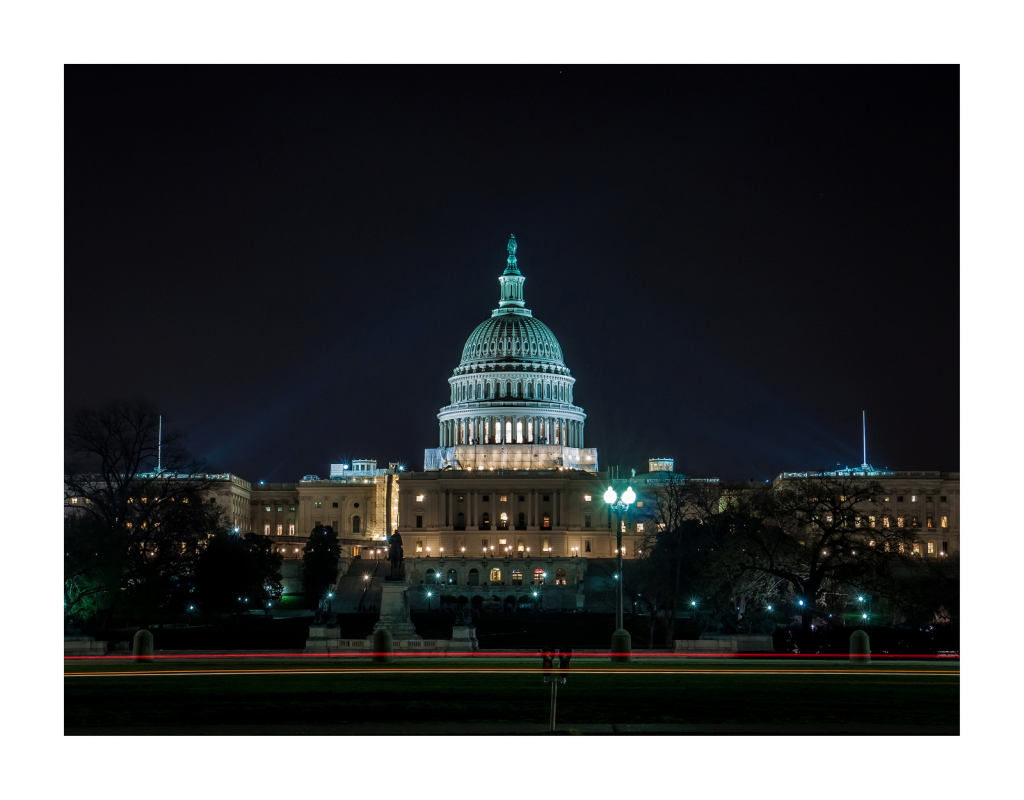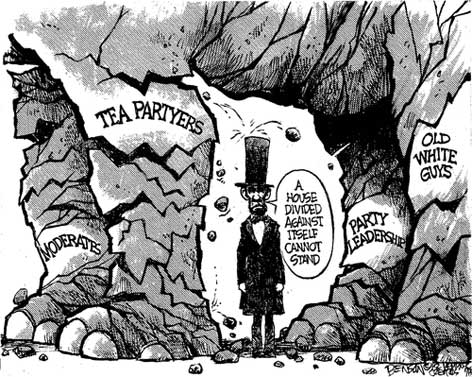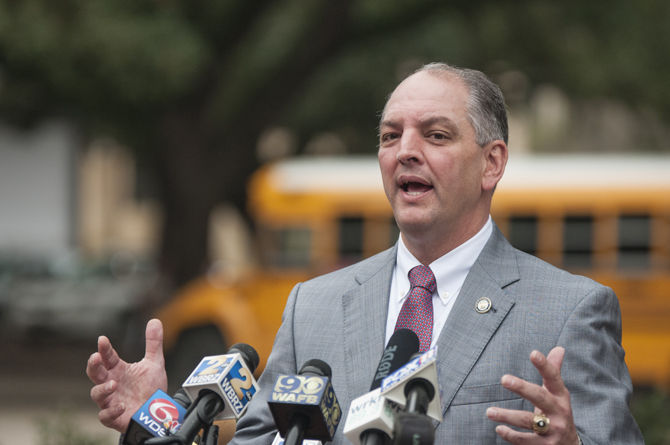
Many of my friends have the same plan for the evening of Feb. 14. Though it is Valentine’s Day, they won’t be going out to dinner, eating a heart-shaped box of chocolates, or purchasing overpriced roses. Rather, they will be enveloped in a gritty world of beltway policies, political posturing, and the down-and-dirty business of succeeding in politics – vicariously, of course. They’ll be watching the second season of Netflix’s original series, “House of Cards.”
“House of Cards” is a political drama based upon a 1990 British miniseries with the same name, which followed the tales of the Member of Parliament and Chief Whip of the Conservative Party. In this adaptation, the plot follows the life and schemes of majority whip Frank Underwood, a Democratic congressman from Gaffney, South Carolina. The show has been repeatedly recognized for excellence; it was nominated for nine Emmys (and won three), and was nominated for four Golden Globe awards (and won one).
While it is certain that the show has received political and artistic acclaim (even earning a comment from President Obama that he wished life in Washington, D.C. was more like “House of Cards”), its actual viewership is a mystery. Netflix has declined to release the number of people who have chosen to watch the drama. While some sources speculate that the figure is between 1.5 to 2.7 million viewers, making viewership equivalent to other premium cable dramas, we have no concrete figures. Netflix certainly must hope that its drama is bringing in a wide audience of subscribers. Filming the first two seasons cost the company around $100 million, which is the cost of filming the average premium drama (such as “Game of Thrones”).
What differentiates “House of Cards” from the typical premium drama, though, is in the manner in which it is delivered. As a Netflix original production, it was released online and is only available to Netflix subscribers. It was also released en masse, rather than in traditional staggered episodes. In fact, Netflix seems to be encouraging “binging” on the show by releasing House of Cards on President’s Day weekend, giving people their entire weekend to devote to watching the new season.
“House of Cards” may be signaling the future of television – an online, on-demand, batch-released model – that marks the end of an era. As cable giants such as Time Warner are losing hundreds of thousands of viewers, Netflix is steadily gaining viewership. Competition to release “original series” that are online-view only may help to draw individuals away from boutique networks such as HBO and Showtime, which are both losing subscribers.
But what makes the viewership of “House of Cards” interesting is the demographic that is likely consuming it. While Janney Capital researcher Tony Wible comments that it is “very difficult to try to offer demographics about a company with 27 million to 30 million [U.S.] customers,” he does remark that they do “skew younger than those of a lot of companies.”
Netflix truly is a service that gratifies the desires of the average millennial: to receive content instantly and via the internet, when and where it is wanted. What is interesting, then, is the choice of shows that Netflix has decided to produce itself for the millennial generation: “Orange is the New Black,” a comedy full of progressive values and politics, and a new season of the internet-favorite “Arrested Development,” long beloved by millennials for its quirky sense of humor. “House of Cards,” then, stands out as a dark drama amongst the light-hearted comedies, centered around a topic with which, typically, the average millennial is not identified: politics.
What does “House of Cards” say about politics that is appealing to a millennial? Actually, a lot.
According to John Della Volpe of Harvard University’s Institute of Politics, millenials believe “Washington is broken” and “have less trust in the institutions by the day.” At the same time, many are still active in politics, particularly those who were active in President Obama’s 2008 campaign. However, according to Volpe, 47 percent of 18-29 year-olds agree with the statement: “politics today are no longer able to meet the challenges our country is facing.” There is an overwhelming sense of cynicism in the system.
Perhaps, then, Netflix is doing an excellent job of capturing and pandering to the sentiments of its viewers by portraying D.C. politics as a dark and dirty game manipulated by the insiders. To do so not only allows millenials who are active in politics to indulge in a dark fantasy, but it confirms the near-majority beliefs of millenials that politics are played by people who are not from their generation – and certainly not played to benefit their generation.


